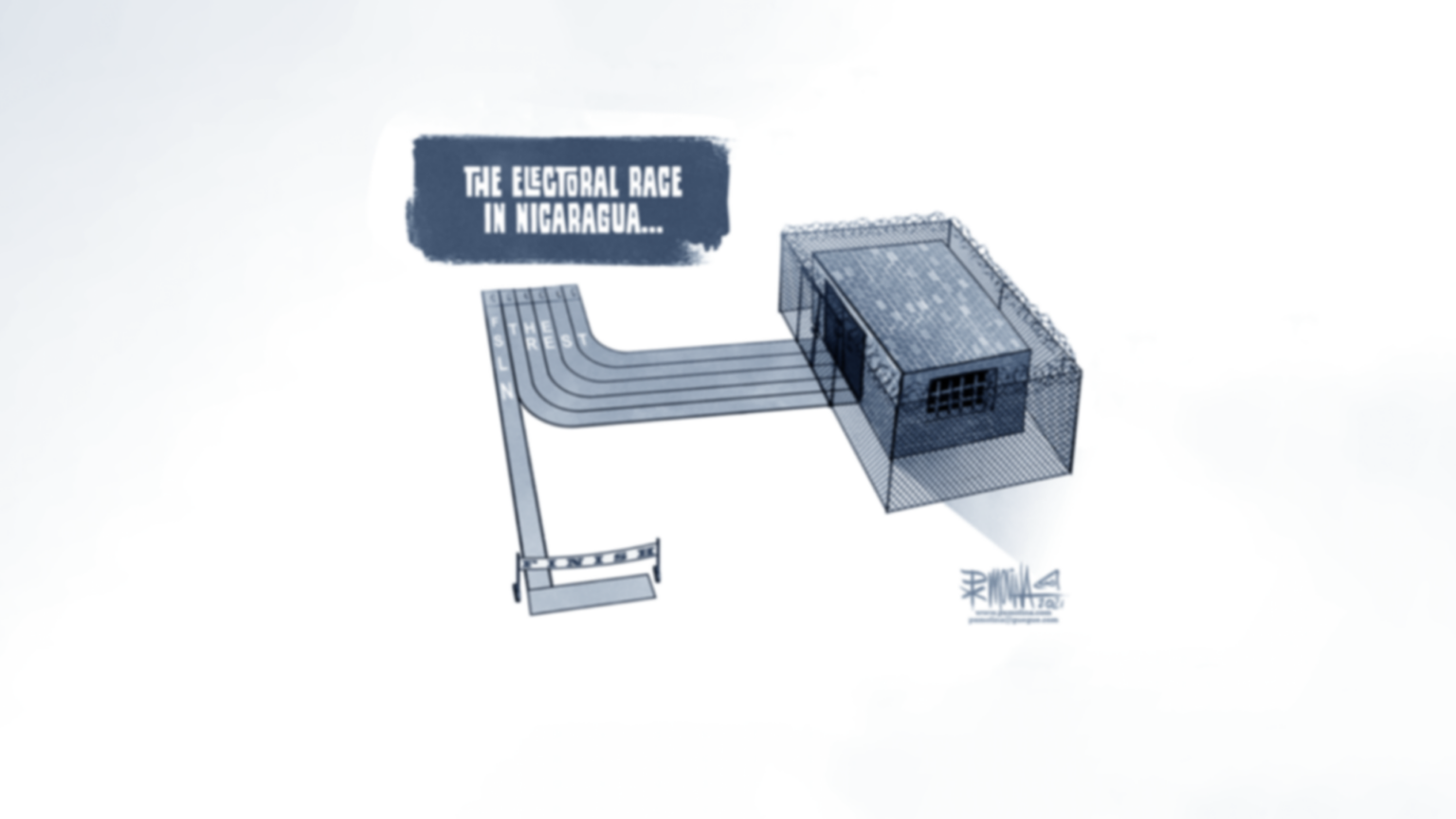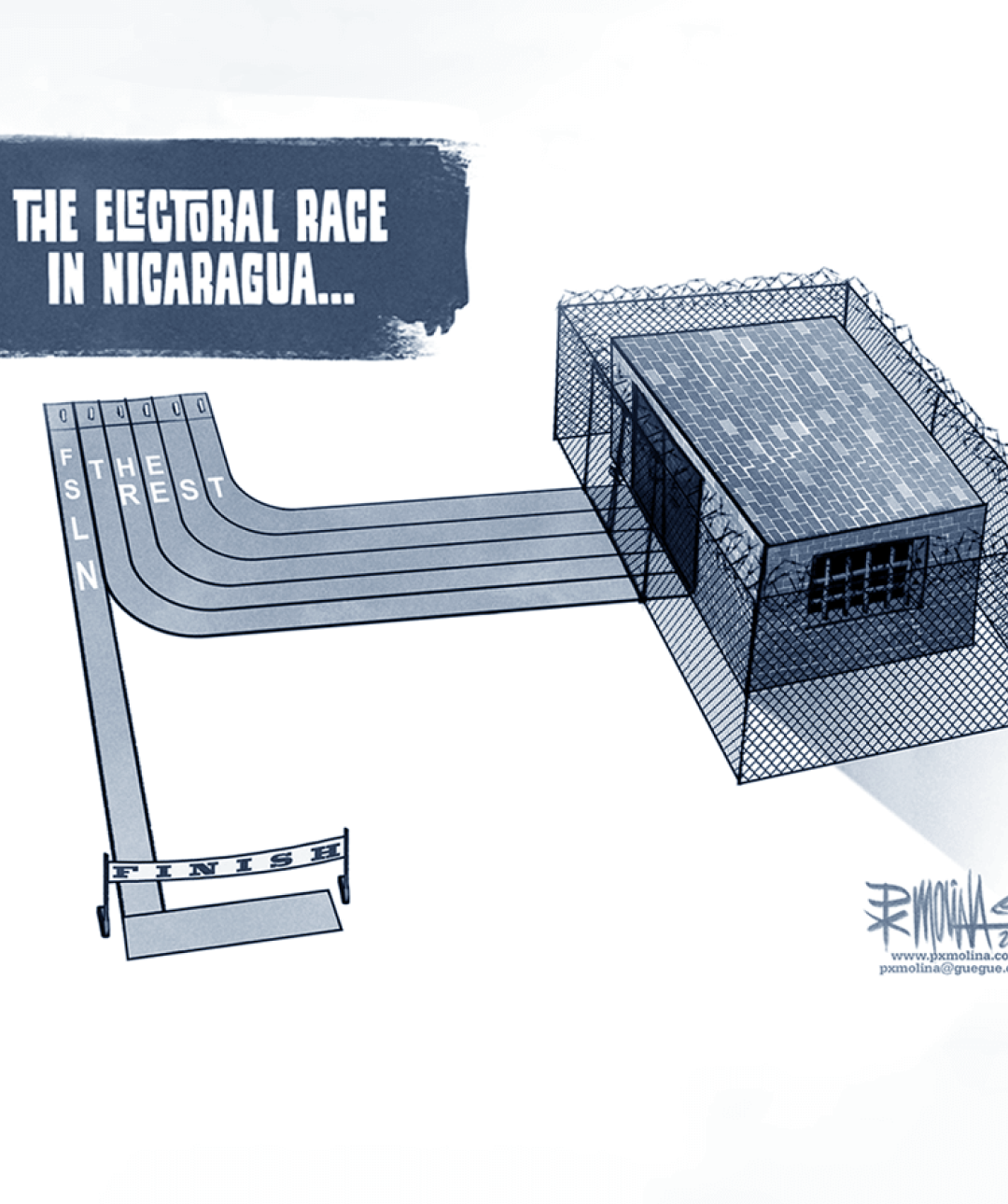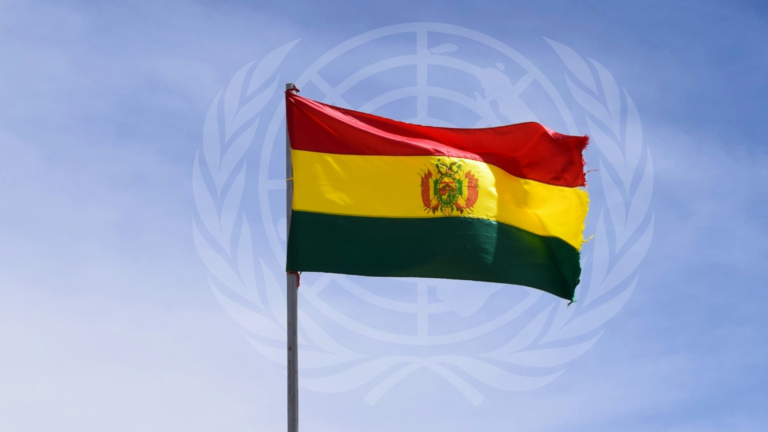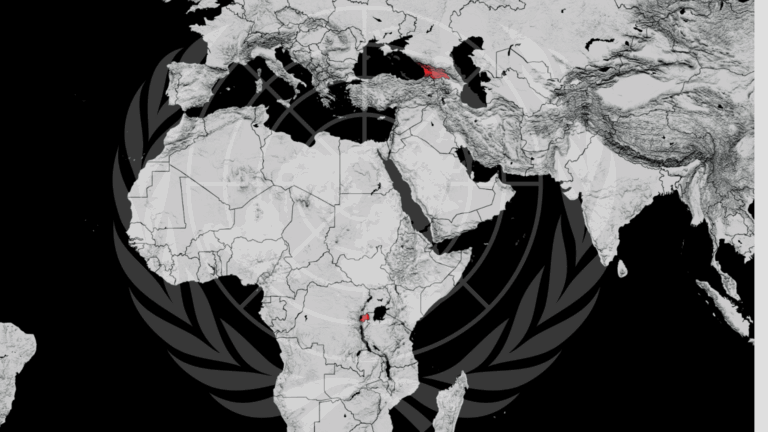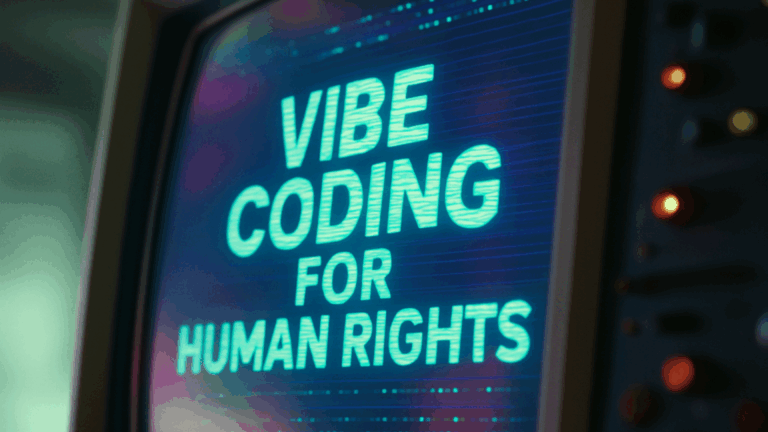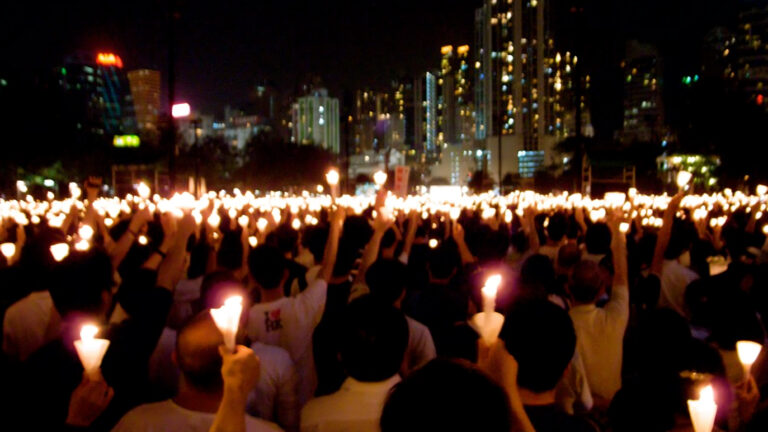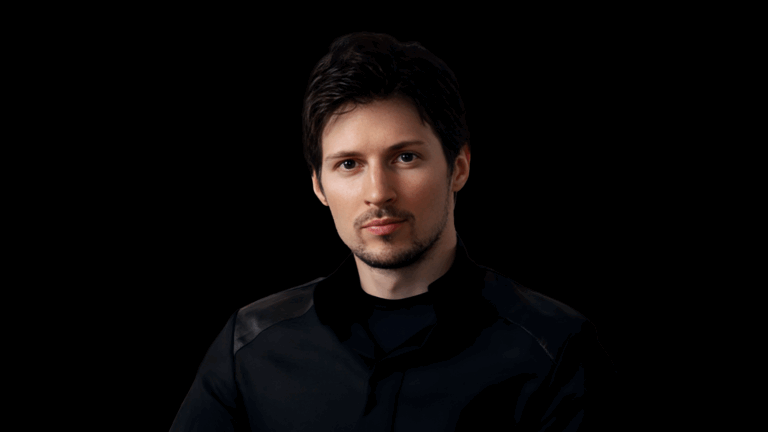NEW YORK (June 17, 2021) — The Human Rights Foundation(HRF) strongly condemns the recent wave of politically-motivated detentions by the Nicaraguan government, only months before presidential elections are scheduled to take place in the country. Nicaraguan officials charged Cristiana Chamorro — the daughter of former president Violeta Chamorro and recently announced presidential candidate — with spurious money laundering charges, raided her home, and placed her under house arrest on June 3. Days later, several other presidential candidates, civil society leaders, and opposition figures were also arrested, including Félix Maradiaga, Arturo Cruz, Juan Sebastián Chamorro, Violeta Granera, and Hugo Torres.
HRF welcomes the resolutionadopted by the Organization of American States (OAS) condemning this wave of repression, and calls on the OAS Permanent Council to apply the Inter-American Democratic Charter and suspend Nicaragua’s executive from participating in the different organs of the OAS until democratic norms are restored.
“Daniel Ortega is solidifying his one-party rule to finally destroy the democracy he and his corrupt cronies have worked so hard to weaken since taking office more than a decade ago,” said HRF president Thor Halvorssen. “Dictators fear losing power more than anything else, because a transition would mean an end to impunity. Ortega knows his time is up, and he knows that if he allows the November elections to be free and fair, he will have to step down and face justice for his crimes.”
Since coming to power in 2007, Ortega and his party, the Sandinista National Liberation Front (FSLN), have steadily eroded Nicaragua’s democratic institutions. His government has concentrated all power in the executive branch, making parliament, the judiciary, and the electoral body mere extensions of Ortega’s power. Unpopular reforms and general discontent with his increasingly-authoritarian rule, resulted in mass protests in early 2018. The protesters were met with brutal repression from both Nicaraguan security forces and government-aligned paramilitary groups, resulting in over 300 dead, 3,000 injured, and hundreds of arbitrary arrests. The events of 2018 did not seem to deter Ortega from moving further along his authoritarian path, as he subsequently refused to hold early elections or show any signs of compromise. The Nicaraguan government continues to hold political prisoners, increase its harassment of journalists and opposition leaders, and has even begun prosecuting non-governmental organizations under the guise of national security, in order to strip them of their legal status.
In 2014, the FSLN-controlled National Assembly modified the Constitution, lifting term limits and allowing Ortega to run for reelection indefinitely. He ran again in 2016, this time including his wife on his ticket, and won an election marred by the disqualification of opposition candidates, a lack of international observers, and credible claims of fraud. This year, the Nicaraguan government continued to ignore internal and external pressure to meaningfully reform its electoral laws — to meet basic standards to be considered free and fair — ahead of the upcoming presidential elections, scheduled for November 6, 2021. Instead, in May, the National Assembly approved a series of sham electoral reforms that concentrated even more power in the hands of Ortega and made it even more difficult for the opposition to meaningfully compete in the elections. It also appointed new members to the Supreme Electoral Council (CSE) who are clearly partisan and loyal to the President. Not long after taking these measures, Ortega began targeting individuals he deemed to be an electoral threat.
After placing Cristiana Chamorro under house arrest on June 3, Nicaraguan officials quickly proceeded to arrest three other presidential candidates. On June 6, they arrested former ambassador and presidential hopeful Arturo Cruz at the airport when he was returning from a trip to the United States, and during the same weekend, the Public Prosecutor summoned another presidential candidate, Félix Maradiaga, to appear before a court in Managua on June 8. He was arrested immediately after leaving the court building. Hours later, economist and presidential candidate Juan Sebastián Chamorro was also arrested.
Discontent with merely arresting and disqualifying his most important political opponents from running for office, Ortega has gone even further and has also begun arresting prominent members of the opposition and civil society. Previous allies, such as former Minister Dora Téllez, retired General Hugo Torres, President of Unamos Suyen Barahona, former vice presidential candidate Violeta Granera, and economist José Adán Aguerri, are among several of those who have been arrested over the past five days. Nearly all of them have been accused of plotting against the state and laundering money, and they are being processed under a vague and abusive “treason” law that was approved last year.
“Ortega’s regime cannot be considered democratic, as it systemically violates the principles set out in the Inter-American Democratic Charter. He has remained in power through a series of unconstitutional reforms and illegal court rulings that did away with presidential term limits. The recent wave of arrests is not only a serious violation of the civil and political rights of Nicaraguans, but it sends a clear message that Ortega no longer intends to compete in free and fair elections,” said HRF Chief Legal Officer Roberto González. “HRF joins the OAS in condemning the wave of repression unleashed by the Ortega regime, and calls on all member states to apply the democracy clause on Nicaragua. Ortega must release all political prisoners, allow for international observers, and step down peacefully to ensure Nicaraguans can participate in a free and fair election, with international observers, in November.”
The Human Rights Foundation (HRF) is a nonpartisan nonprofit organization that promotes and protects human rights globally, with a focus on closed societies.
For interview requests or further comment, please email [email protected].


